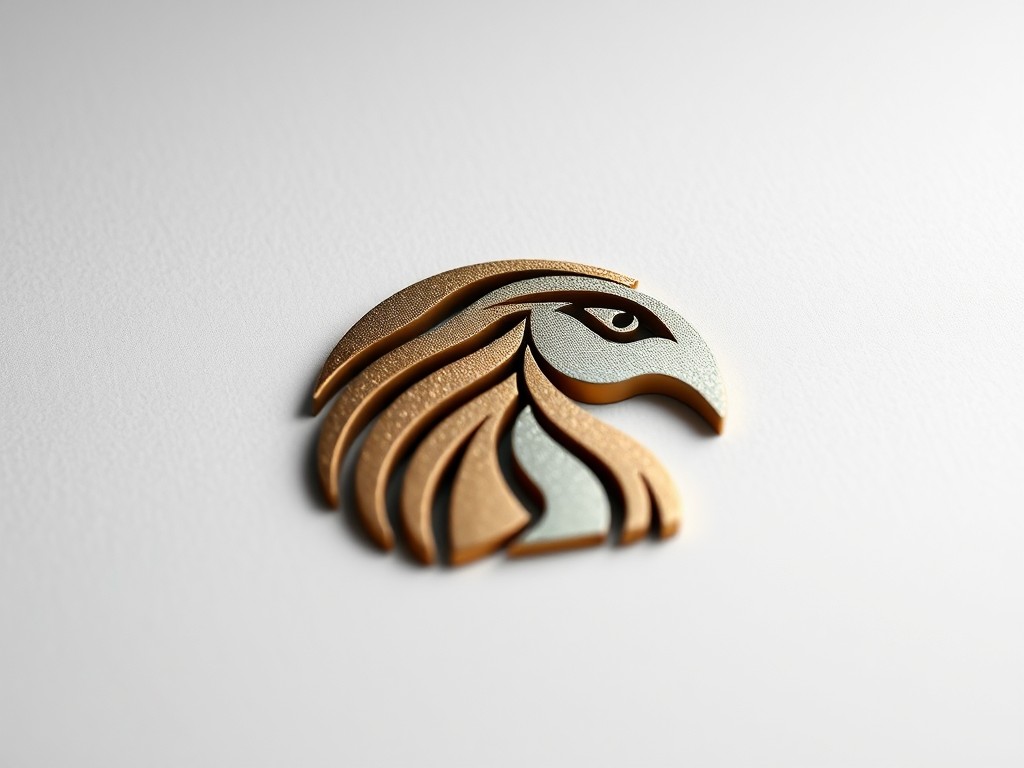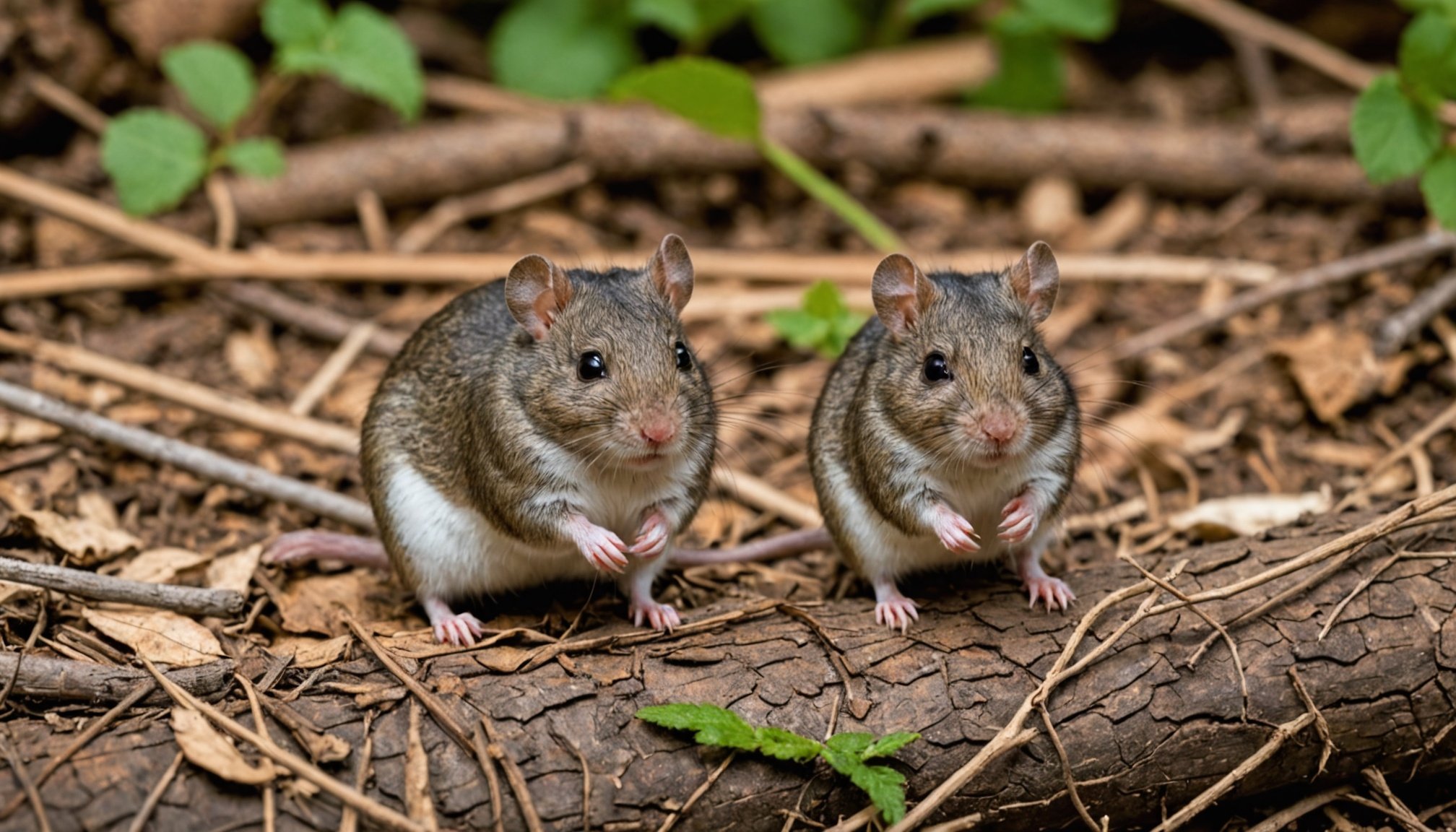Ideal Cage Types for Small Rodents
Selecting the right cage types is crucial for the wellbeing of small rodents. Habitat design influences not only their health but also their happiness and longevity.
When considering different types of cages, wire cages with solid bases are popular due to excellent ventilation, but need frequent cleaning to maintain hygiene. Glass aquariums offer better containment if bedding mess is a concern but can lack adequate air flow; increased cleaning reduces this risk. Meanwhile, plastic habitats provide more interactive designs but often fall short in durability.
Also read : Crafting a Comfortable Haven: Tips for Creating a Cozy Home for Your Pet Hedgehog
Rodent safety is paramount. Ensure cages are free of sharp edges and small openings that might lead to injuries. The bars’ spacing should be tight enough to prevent escape, yet wide enough for proper ventilation – an often-overlooked factor essential for preventing respiratory problems.
Furthermore, the space requirements for small rodents vary based on species. For example, hamsters might need multi-level setups, whereas gerbils benefit from floor space due to their digging tendencies. Thus, it’s crucial to tailor habitats to the specific needs of your rodent.
This might interest you : Crafting an Enriching Experience for Your Solo Pet Parrot: Tips for a Vibrant Living Space
Remember, a thoughtfully designed habitat enhances a rodent’s quality of life profoundly.
Essential Supplies for Comfort and Safety
Choosing the right bedding for small rodents is crucial for their comfort and safety. Opt for bedding that is soft and highly absorbent, such as paper-based or fleece options. These materials not only provide a comfortable resting surface but also efficiently manage odour and moisture, ensuring a healthier environment for your pet.
Selecting the appropriate food is vital, as different small rodent species have distinct dietary needs. For instance, hamsters thrive on a diet predominantly composed of seeds and grains, while guinea pigs require an additional source of vitamin C due to their inability to synthesize it naturally. Consult a veterinarian or pet care specialist for recommendations tailored to your rodent’s specific nutritional needs.
Don’t forget essential accessories that contribute to your pet’s well-being and happiness. Key items include:
- Water bottles fitted with no-drip spouts to avoid cage mess and ensure easy access to fresh water.
- Hideouts and tunnels that provide a sense of security and encourage natural behaviours.
- Chew toys, which help maintain dental health by providing an outlet for natural chewing instincts.
Investing in these accessories enhances your rodent’s habitat, offering enrichment that promotes a healthy and active lifestyle.
Safety Tips for Small Rodent Enclosures
When creating a comfortable living space for small rodents, ensuring safety precautions is paramount. Begin by identifying and avoiding hazardous materials that could harm your furry pets. Items such as certain plastics, toxic plants, or unsuitable bedding materials can pose serious risks.
Equally crucial is the escape prevention strategy in your enclosure design. Rodents are naturally curious and intelligent, capable of squeezing through surprisingly small spaces. Investing in an escape-proof cage is essential, featuring secure locks and tight-fitting bars or mesh to prevent any breakout attempts. This is especially vital as even a momentarily open door can result in an escaped pet.
Regular maintenance and monitoring of the enclosure cannot be overstressed. Checking for broken parts, wear and tear, and any gaps or weak spots ensures continuous housing integrity. It ensures not only the safety of your pet but also your peace of mind, knowing your small companion is safe.
In conclusion, understanding potential hazards, implementing robust escape-proof measures, and remaining vigilant with enclosure upkeep are key to providing a secure environment for your rodent pet.
Enrichment Ideas for a Thriving Environment
Ensuring a thriving environment for your rodents involves incorporating a variety of toys and enrichment tools. These can include chew toys, tunnels, and wheels, which are essential for promoting physical activity and preventing boredom. Additionally, providing sturdy hiding places encourages exploration and play.
Social interaction plays a crucial role in rodent well-being. Engaging in regular playtime with your pets not only strengthens your bond but also keeps them entertained and mentally active. Consider organizing playdates with other rodents if you have more than one, ensuring they enjoy time with companions of their kind.
For mental stimulation, DIY enrichment activities can be both cost-effective and enjoyable. Create puzzles or mazes using cardboard and non-toxic materials to offer challenges that stimulate their curious minds. These activities not only keep them busy but also enhance their problem-solving skills.
Providing a mix of these elements ensures your pets lead a fulfilling life. From creative toys to interactive social experiences, these strategies are vital for maintaining their health and happiness. By understanding their needs, you can craft an enriching environment that supports their overall well-being.
Links to Reputable Products and Resources
Navigating the world of rodent care can be challenging without the right resources. Access to trusted sources can ensure you make informed decisions. Below, find a comprehensive list of reputable recommendations to enhance your rodent caregiving journey.
For purchasing rodent supplies, consider these product recommendations from respected retailers:
- Petco and Chewy offer an extensive range of cages, food, and accessories.
- Amazon features customer reviews that help ascertain product quality and satisfaction.
In addition to products, understanding best practices is essential. Explore these authoritative rodent care guides:
- The Humane Society provides insightful articles on proper rodent care.
- RSPCA offers extensively detailed manuals on maintaining optimal living conditions for your furry friends.
For community-driven insights and support, join forums like:
- The Gerbil Forum encourages interaction and advice sharing among rodent enthusiasts.
- Rat Care Society groups on social platforms provide a communal space to share experiences.
These resources empower you to give your pet the best care possible, ensuring their health and happiness. Rely on these trusted sources to enrich your knowledge and build a supportive care network.











